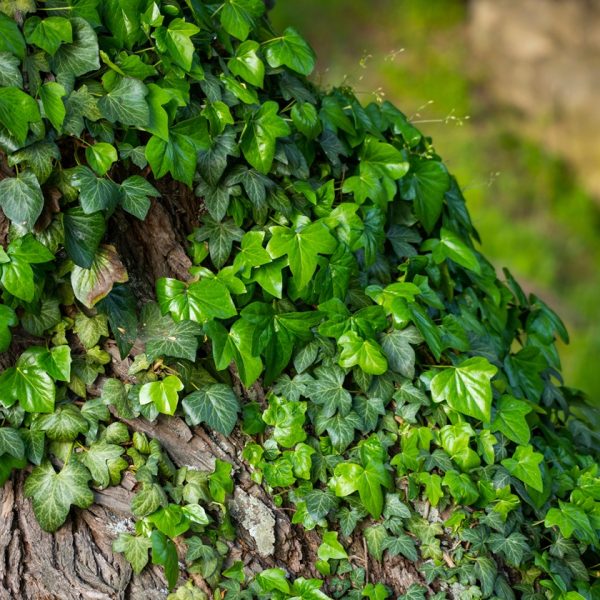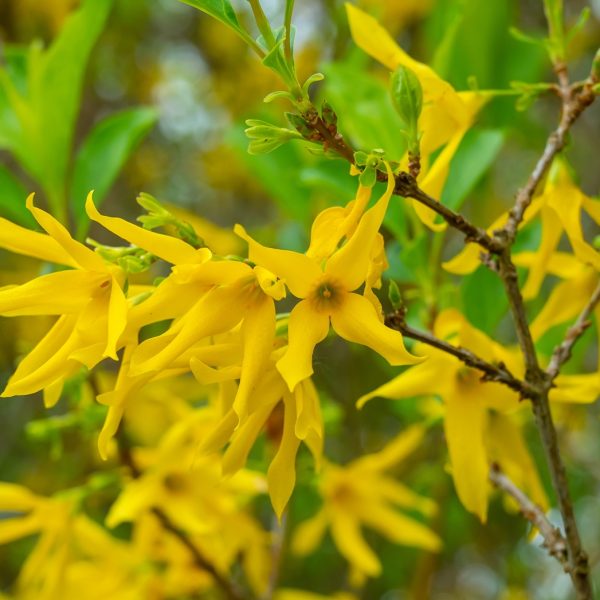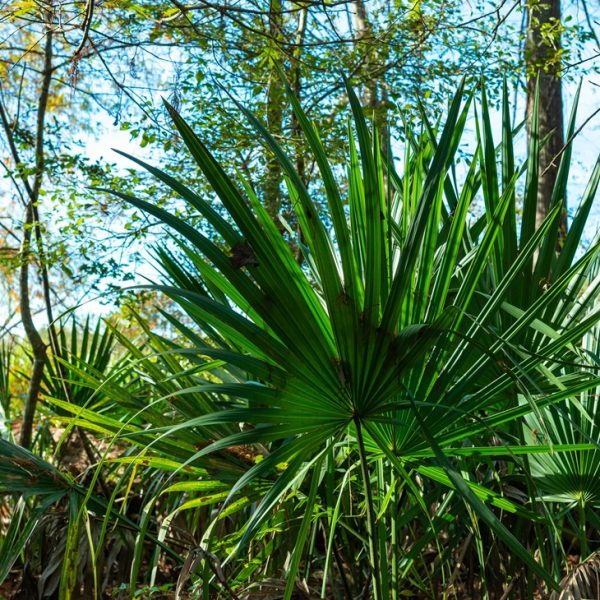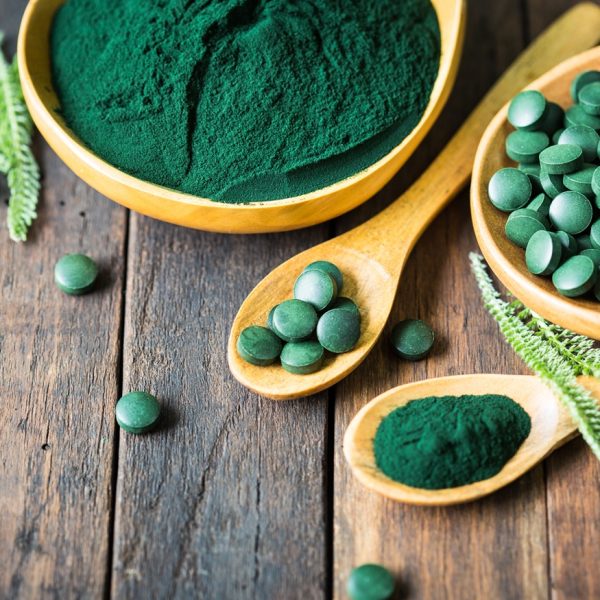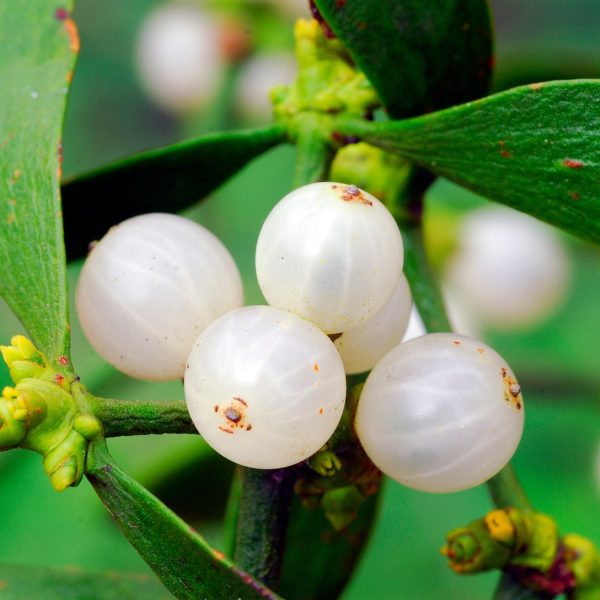We explore the root causes of prostate health and herbal treatment from an Ayurvedic perspective.
Understanding prostate health

The prostate in prone to three main conditions:
Prostitis
Infection or inflammation of the prostate causing enlargement of the prostate. In the UK 1 in 3 men over 50 will experience this. (1)
Benign prostatic hyperplasia (BPH)
Usually age-related enlargement of the prostate gland. By the age of 70, 8/10 men in the UK will have an enlarged prostate (5)
Prostate cancer
In the UK, this is the most common cancer in males with 45,000 new cases diagnosed every year. (3)
How does the prostate work?
The prostate is about the size of a walnut and located directly below the bladder partially surrounding the urethra (tube that carries urine out of the body). (1) The testicles produce sperm while the prostate (along with tiny neighbouring organs called seminal vesicles) helps produce semen, the viscous fluid in which sperm travel. (5) The prostate is often referred to as a gland, but it is 70% glandular and 30% fibro-muscle tissue. (2)
Understanding the root causes of prostate disease
Most men consider prostate issues something that only affects older men. Although age does play a part, imbalances that influence prostate health begin much earlier in life. (2) These imbalances can be caused through lifestyle factors and poor dietary habits.
According to Ayurveda, prostate issues arise from dosha disturbances in the shukra dhatu (reproductive tissues) and due to accumulation of ama (toxic waste) in the vicinity of the prostate gland. (9)
There are three primary life forces known as the doshas (vata, pitta and kapha) that are responsible for all physical and psychological function within the body. If these doshas go out of balance in the shukra dhatu (reproductive tissues) they can cause problems with the prostate. (7)
In Ayurveda the body is composed of seven tissue (dhatus). (7)
| Dhatu (tissue) | Element | Dosha |
|---|---|---|
| Rasa (plasma) | Water | Kapha |
| Rakta (blood) | Fire and water | Pitta |
| Mamsa (muscle, skeletal, visceral) | Primarily earth, secondarily water and fire | Kapha |
| Medas (fat or adipose) | Water | Kapha |
| Asthi (bone) | Earth and air | Vata |
| Majja (marrow and nerve) | Water and earth | Kapha |
| Shukra (reproductive) | Essence derived from all tissue | Kapha |
The dhatus (tissues) are built from digested nutrients. Their metabolic waste products are removed via urine and faeces. Each dhatu (tissue) is formed by the preceding dhatu, so this means that any issues in any one dhatu can affect the other dhatus that follow. Shukra dhatu (reproductive tissue) is the seventh and the last dhatu so reflects the overall health of the entire body. (7)
Good digestion is vital for healthy dhatus (tissues) to be created and to prevent the formation and accumulation of ama. Ama is a sticky, toxic waste product that can clog the channels (strotas) and create imbalance in the doshas. Ama is formed through incomplete digestion or from digestive disorders resulting from weak agni (digestive fire). When agni (digestive fire) is strong food is digested and absorbed providing nourishment for all the cells and dhatus. (7)
Due to its location in the body, the prostate is vulnerable to ama and environmental toxins (pesticides, chemicals, electromagnetic radiation) that have accumulated in the urinary system and the colon. (9) This is why it is important not to suppress natural urges to urinate or defecate, to ensure regular bowel motions and to stay hydrated with water to flush wastes out in urine. (7)
Factors that imbalance vata: (9)
- Unmanaged stress or emotions as vata governs the nervous system
- Lack of regular routine, eating cold, dry or raw foods, lack of fluid intake
- Staying up late at night
- Exposure to electromagnetic fields, microwave or radiation
- Overuse of the sexual organs
- Suppressing natural urges such as urinating or ejaculating
Vata also increases with age. 50 onwards is considered the vata stage of life. As vata’s qualities are dryness, movement and irregularity can also cause digestion to become irregular and contribute to the formation of ama. The prostate is also in the part of the body governed by apana vata (downward moving vata) so anything that aggravates apana vata can prevent the flow of energy and nutrients to the prostate and also the removal of wastes from the area. (9)
Factors that imbalance pitta: (9)
- Infections
- Excess consumption of alcohol, spicy foods, salt or sour foods
- Anger or frustration associated with reproductive acts
Factors that imbalance kapha: (9)
- A sedentary lifestyle
- Lack of exercise
- Excess sleep
- High fat diet
- Stagnation of creative energies
In shukra dhatu, pitta and vata imbalances contribute towards prostitis, aggravated vata and kapha play a role in benign prostatic hypertrophy, while all three doshas have an impact in prostate cancer. (9)
Once one dosha in the shukra dhatu becomes imbalanced and is not corrected, then the other two doshas will gradually accumulate leading to tridoshic imbalance which becomes harder to resolve. (9)
From an Ayurveda perspective, the disease process of cancer occurs at the subtle cellular level. Each cell is a centre of awareness, a conscious microscopic life. There is a flow of communication from one cell to another, and every cell has cellular integrity and governs its own metabolic activity. If the cell membranes become clogged with ama or other environmental toxins, cell communication breaks down. Cells can become isolated, grow independently and attack neighbouring cells converting these to cancerous cells. (9)
Signs and symptoms of prostate issues
- Persistent or recurrent pelvic discomfort
- Pain or burning with urination
- Increased urge to urinate
- Difficulty emptying bladder
- Painful ejaculation
- Frequent or urgent need to urinate
- Increased frequency of urination at night
- Difficulty starting urination
- Weak urine stream or a stream that stops and starts
- Dribbling at the end of urination
- Blood in urine or blood in semen
It is important to see your doctor if you are experiencing any of the above signs and symptoms or have concerns about your prostate.
Herbal solutions

Saw palmetto (Serenoa repens) VP-K+
Saw palmetto is specific for benign prostatic hyperplasia (BPH) and prostitis, improves flow of urine, relieves pain, reduces swelling and reduces further growth of the prostate by increasing breakdown of dihydrotestosterone (DHT) without affecting prostate specific antigen (PSA) reading. (10)
Ashwagandha (Withania somniferum) VK- P+
Ashwagandha is the best regulator of apana vata. Provides long-term support and nourishment to the prostate gland, excellent for urinary problems and famous as a male reproductive tonic and nourishing nerve tonic especially for vata. Caution with excess pitta and ama. (7)
Tridoshic herbs that balance all three doshas
Gokshura (Tribulus terrestris)
Gokshura is noted as one of the most important herbs for the urogenital system. It is tridoshic so balances all three doshas and nourishes shukra dhatu (reproductive tissues). It is a soothing diuretic that enhances the elimination of toxins and improves resilience to stress. (7)
Punarnava (Boerhavia diffusa)
Punarnava is a famous regenerative that boosts energy and vitality. It is very good for the urinary tract helping to reduce kapha swellings. (9) It also contains an alkaloid, beta punarnavine, which has in clinical, and animal scientific trials shown anti-angiogenic behaviour. (11)
Guduchi (Tinospora cordifolia)
Guduchi trengthens the urinary system, contains antioxidant, improves digestion and absorption of nutrients, soothes pitta inflammation and enhances immunity in the prostate. (7) A study on mice found it to have antitumor properties. (13)
Guggulu (Commiphora mukul)
Guggulu is an excellent herb for the reproductive system. A good anti-inflammatory that scrapes toxins/ama from deep tissues and enhances digestion. A wonderful rejuvenate for kapha and vata. (7)
Bala (Sidia cordifolia)
Bala is one of the best adaptogenic and nourishing herbs for vata. Increases resilience to stress, nourishes the shukra dhatus and helps with enlarged prostate issues. (7)
Please note: Always seek advice from a qualified herbal practitioner.
Holistic solutions

Digestive system
A healthy digestive system supports the healing of all dhatus of the body. Diet should be balanced avoiding extremes e.g., food that is too dry, too oily, too greasy, too cold or too hot, too spicy or not spicy enough. (9)
Foods should be fresh, cooked, warm, light and easy to digest. Organic vegetables cooked in digestive spices such as ginger, cumin, fennel, coriander or cardamom; whole grains, light proteins such as mung dhal soups, and sweet, juicy fruits will nourish the body and pacify all three doshas. (2)
Avoid alcohol and caffeine. (7)
To prevent formation of ama only eat once the pervious meal has digested fully, eat until 75% full so digestion is not obstructed, avoid cold or leftover foods, avoid processed and ready-made foods. (7)
Hydration
Drink lots of warm water throughout the day to prevent urine from becoming concentrated. Add herbs such as fennel to help flush out toxins and dissolve ama. (2)
Pacify vata
This is important as vata increases with age, is often the dosha that pushes the other doshas out of balance plus vata also governs the nervous system. (7)
- Implement a daily routine with regular times for eating and sleeping (7)
- Daily self-abhyanga oil massage is considered an important act of self-love and it balances Apana Vata. Use warm sesame seed oil to massage the full body or if limited on time just the soles of the feet, ears and crown of head (7)
- Incorporate daily periods of time for the mind to be silent and unplugged from technology (7)
- Spend time in nature (7)
Make movement a priority
If you have to sit all day for work, take frequent short breaks to stretch or take a short walk. This will restore the normal flow of energy, blood, and nutrient fluid to the prostate area. (2)
Yoga asanas help to reduce tension and inner restrictions that may be blocking the healing process. (9)
Daily ashvini mudra
Do daily perineal exercises such as the practice of ashvini mudra. This enhances circulation and lymphatic drainage of the prostate. (9)
Nutrient deficiencies
Zinc and Vitamin D are common deficiencies in prostate issues. (9) Quinoa and pumpkin seeds are high in zinc. Cod liver oil is a good source of Vitamin D. (12)
References
- nhs.uk. n.d. Prostate problems. [online] Available at: <https://www.nhs.uk/conditions/prostate-problems/> [Accessed 10 March 2022].
- Mapi.com. 2021. Prostate Health and Ayurveda: Our Top 10 Tips| Maharishi AyurVeda. [online]
- Bupa.co.uk. n.d. Prostate problems | Health Information | Bupa UK. [online] Available at: <https://www.bupa.co.uk/health-information/mens-health/prostate-problems> [Accessed 13 March 2022].
- John, I., n.d. Prostate Cancer Health Remedies – Joyful Belly School of Ayurveda. [online] Joyfulbelly.com. Available at: <https://www.joyfulbelly.com/Ayurveda/symptom/Prostate-Cancer/1300> [Accessed 10 March 2022].
- St John & St Elizabeth Hospital. n.d. Benign Prostatic Hyperplasia – Urology Conditions – London Urology. [online] Available at: <https://www.hje.org.uk/specialities/benign-prostatic-hyperplasia/> [Accessed 13 March 2022].
- Mayo Clinic. n.d. benign prostatic hyperplasia (BPH) – Symptoms and causes. [online] Available at: <https://www.mayoclinic.org/diseases-conditions/benign-prostatic-hyperplasia/symptoms-causes/syc-20370087> [Accessed 15 March 2022].
- McIntyre, A., 2012. The Ayurveda bible. Alresford: Godsfield, pp.196-224.
- Ayurveda, v., 2016. A Comprehensive Approach to Protecting Your Prostate – Ayurveda | Everyday Ayurveda. [online] Ayurveda | Everyday Ayurveda. Available at: <https://everydayayurveda.org/protect-your-prostate/> [Accessed 15 March 2022].
- Suzanne, M., 2012. Western and Ayurvedic Approaches to the Treatment of Early Stage Prostate Cancer By: Suzanne Mansell – California College of Ayurveda. [online] California College of Ayurveda. Available at: <https://www.ayurvedacollege.com/blog/prostatecancer/> [Accessed 11 March 2022].
- McIntyre A. The Complete Herbal Tutor. London: Gaia; 2010:p 158.
- Saraswati S, Alhaider A, Agrawal S. Punarnavine, an alkaloid from Boerhaavia diffusa exhibits anti-angiogenic activity via downregulation of VEGF in vitro and in vivo. Chem Biol Interact. 2013;206(2):204-213. doi:10.1016/j.cbi.2013.09.007
- Balch P. Prescription For Nutritional Healing. New York: Penguin Group; 2010:p27 & p42.
- Singh S, Singh N, Shrivastava P. Effect of alcoholic extract of Ayurvedic herb Tinospora cordifolia on the proliferation and myeloid differentiation of bone marrow precursor cells in a tumor-bearing host. Fitoterapia. 2006;77(1):1-11. doi:10.1016/j.fitote.2005.05.002

